KTM Introduces The 2021 890 Duke

Sorry, 790 Duke owners.
Updated to clarify suspension specification.
Today, KTM has announced the release of the 2021 890 Duke – without an R at the end – completing the isolation and betrayal 790 Duke owners must be feeling right now after their bike was introduced at the end of 2017.
Being the new down-spec model, we’re a little surprised The Scalpel, as it’s referred to (not to be confused with the 890 Duke R’s Super Scalpel moniker), isn’t too far removed from the 890 Duke R. Though there’s a clear difference from the 790 Duke.
We’re talking, of course, about the bigger 889cc parallel-Twin LC8c engine we first saw with the 890 Duke R. If you’re new to Motorcycle.com, then you should know we’ve covered the 890 Duke R extensively in the past, first with 6 Things You Need To Know about the bike, then a First Ride Review, followed by a track comparison between it and the Boss’s own 790 Duke he converted into his own interpretation of what a 790 Duke R should be. After riding the 890 Duke R, however, Bossman Brasfield admitted how good it was (it is our 2020 Motorcycle of the Year, after all), but swore (and still does) that he’s happy with his 790 buying decision. The rest of the staff has their doubts…
Nonetheless, there’s no getting around the fact that the standout feature of the bigger Duke is its 890 engine. In non-R form, KTM says it’ll deliver 115 hp and 68 lb-ft (92 Nm) of torque – 10 horses more than the 790 and 3.6 lb-ft more torque. Bore and stroke are bigger than the 790, and even though the pistons are therefore larger, they are lighter than the 790 pieces. Moving to the cylinder head you’ll find four valves per cylinder, dual overhead lightweight camshafts, one spark plug per cylinder, DLC-coated finger followers, steel valves, and a hydraulic cam chain tensioner. Redline is also higher – 10,500 rpm vs. 10,000 on the 790. The result is an athletic engine that delivers 60 lb-ft of torque from as low as 5500 rpm, a real benefit in real-world street riding applications.
In fact, the engine is unchanged from the R model, so if you want to take a deep dive into it, click on the 6 Things article above to read all about it. One of the 790’s strong points was its gearbox, and much of that same architecture remains on the 890 Duke. For 2021 lighter spring action and shorter lever travel makes it easier and faster to change gears. Or you can check the Quickshfiter+ box on the options sheet for clutchless shifts in either direction. KTM says its settings have been revised and improved. Hopefully, this means the dreaded shifting weakness we experienced with the 890 Duke R has been resolved.
The subframe is a trick cast aluminum piece that houses the airbox, suspends the rider, and doesn’t require any additional bracing to maintain its integrity – that’s all already built-in. Since the 890 Duke is meant to be more street-friendly, seat height is lowered to 32.2 inches (from 32.8 inches on the R model).
As part of the lower-spec of the 890 Duke the WP Apex suspension features a non-adjustable 43mm fork with linear springs in front and Apex shock in the rear with a lighter, linear spring and adjustments for rebound and spring preload. The fork has an added base valve for better high-speed damping. Cast aluminum triple clamps allow for four different handlebar mounting positions to suit a variety of riders and riding styles. The bar is 30 inches wide.
Of course, the standard model couldn’t retain all of the hardware from the R model, and we see that in the braking department. Like the 790 Duke, brake discs are 300mm (compared to 320mm on the R model), and the Brembo calipers from the R are gone, too, replaced with new, KTM-branded J.Juan calipers. More aggressive brake pads improve brake feel. The 890 Duke uses cast wheels, but they are now fitted with Continental ContiRoad tires instead of the Michelin rubber used before.
Arguably, where the 890 Duke gets its biggest gains compared to the 790 (and even compared to the 890 Duke R) isn’t so much in the engine, but in the electronics. Now equipped with the six-axis IMU, the 890 Duke can now take advantage of Cornering ABS and Supermoto ABS, which disables rear ABS, rear lift mitigation, and the C-ABS function, so you can properly back it in like a hooligan.
The latest generation of KTM’s MTC (Motorcycle Traction Control) takes advantage of the IMU and increased processing power to incorporate lean-angle sensitive traction control that’s set per the three Ride Modes and is also independently adjustable from one of nine levels if you get the optional Track Mode (which also lets you customize throttle control, and anti-wheelie functions).
All in all, the 890 Duke isn’t much of a downgrade from the R model – and that’s a good thing. Though if you own a 790 Duke we think you have every right to be upset right about now. Once we have a chance to throw a leg over the standard 890 Duke we’ll tell you exactly what it’s like to ride, though if the R is any indication, this should be nearly as exciting.
Pricing details weren’t available at press time.
2021 KTM 890 Duke Specifications | |
|---|---|
| Engine Type | Liquid-cooled, four-valve, DOHC Parallel-Twin, 4-stroke |
| Displacement | 890 cc |
| Bore x Stroke | 90.7 mm / 68.8 mm |
| Compression Ratio | 13.5:1 |
| Starter / Battery | Electric starter / 12V, 10 Ah |
| Transmission | 6 gears |
| Fuel System | DKK Dell’Orto (Throttle body 46 mm) |
| Chain | X-Ring 520 |
| Lubrication | Pressure lubrication with 2 oil pumps |
| Engine Oil | Motorex, Power Synth SAE 10W-50 |
| Clutch | Cable operated PASCTM Slipper clutch |
| Ignition / Engine Management | Bosch EMS with RBW |
| Traction Control | MTC (lean angle sensitive, 3-Mode disengageable + Track mode optional) |
| Frame | Chromium-Molybdenum-Steel frame using the engine as stressed element, powder coated |
| Subframe | Aluminum, powder coated |
| Handlebar | Aluminum, tapered, Ø 28 / 22 mm |
| Front Suspension | WP APEX 43 (compression, rebound adjustable) |
| Rear Suspension | WP APEX Monoshock (Compression (high and low speed), rebound, hydraulic preload adjustable) |
| Front Brake | 2 × four-piston, radially mounted calipers, brake disc Ø 300 mm |
| Rear Brake | Single-piston floating caliper, brake disc Ø 240 mm |
| ABS | Bosch 9.1 MP (incl. Cornering-ABS and supermoto mode) |
| Front Wheel | Cast aluminum, 3.50 x 17” |
| Rear Wheel | Cast aluminum, 5.50 x 17” |
| Front Tire | 120/70 x 17 |
| Rear Tire | 180/55 x 17 |
| Silencer | Stainless steel primary and secondary silencer |
| Rake / Trail | 24.3° / 3.9 inches (99.7mm) |
| Wheelbase | 58.3 ± 0.6 inches |
| Ground Clearance | 8.1 in |
| Seat Height | 32.2 in |
| Fuel Capacity | 3.7 gallons |
| Dry Weight | 365.9 pounds (claimed) |

Troy's been riding motorcycles and writing about them since 2006, getting his start at Rider Magazine. From there, he moved to Sport Rider Magazine before finally landing at Motorcycle.com in 2011. A lifelong gearhead who didn't fully immerse himself in motorcycles until his teenage years, Troy's interests have always been in technology, performance, and going fast. Naturally, racing was the perfect avenue to combine all three. Troy has been racing nearly as long as he's been riding and has competed at the AMA national level. He's also won multiple club races throughout the country, culminating in a Utah Sport Bike Association championship in 2011. He has been invited as a guest instructor for the Yamaha Champions Riding School, and when he's not out riding, he's either wrenching on bikes or watching MotoGP.
More by Troy Siahaan



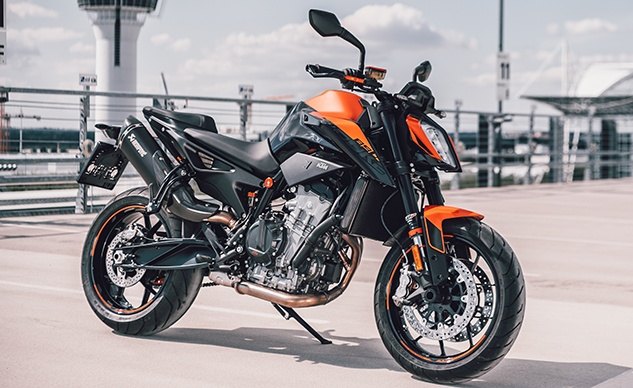
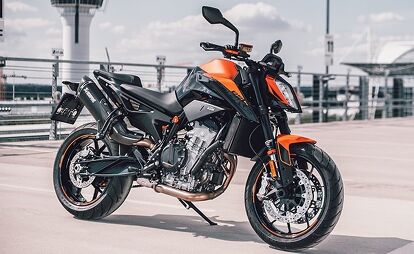












































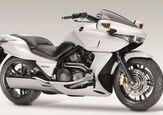
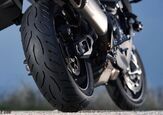
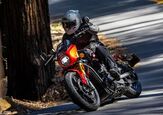
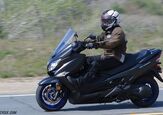
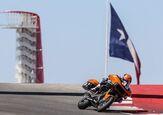
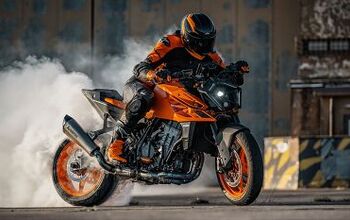
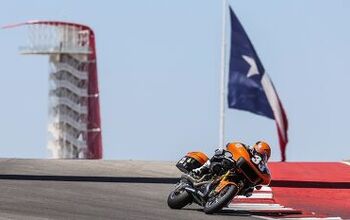
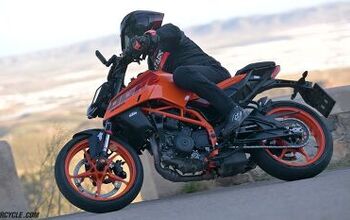
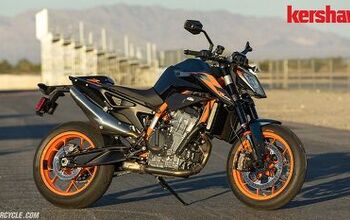
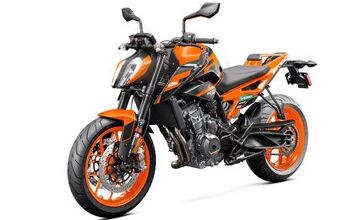
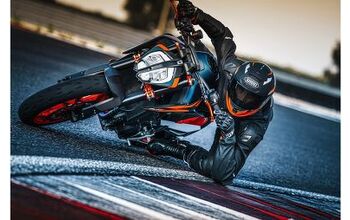
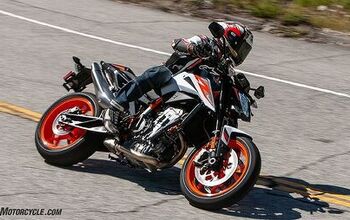
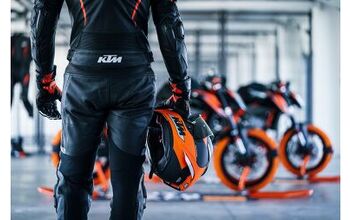
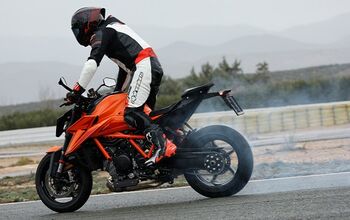
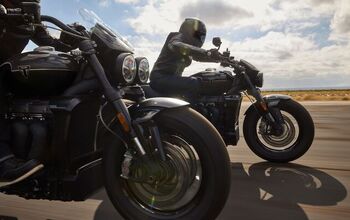
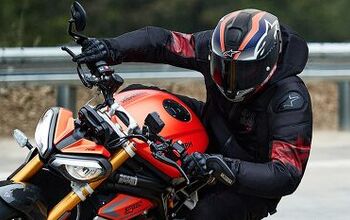
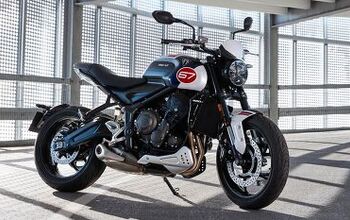
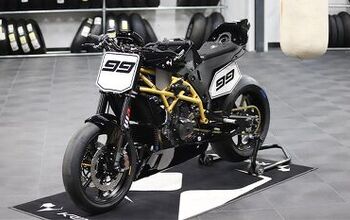

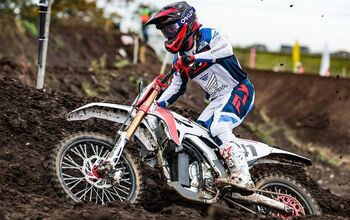
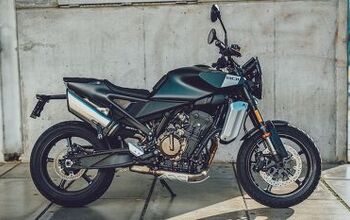
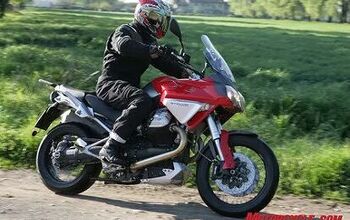

Comments
Join the conversation
They never mention improved reliability... That's when I'll start becoming interested in KTMs for real. This bike, but with the R designation seems to be everything I want, except for the high seat height. But I want it with Japanese reliability.
Why do the specs under this article say the front and rear suspension is adjustable when they KTM website clearly states they are not. Researching this bike has been a nightmare. Every site says something different about the suspension and the tech add ons. KTM has lots of work to do.